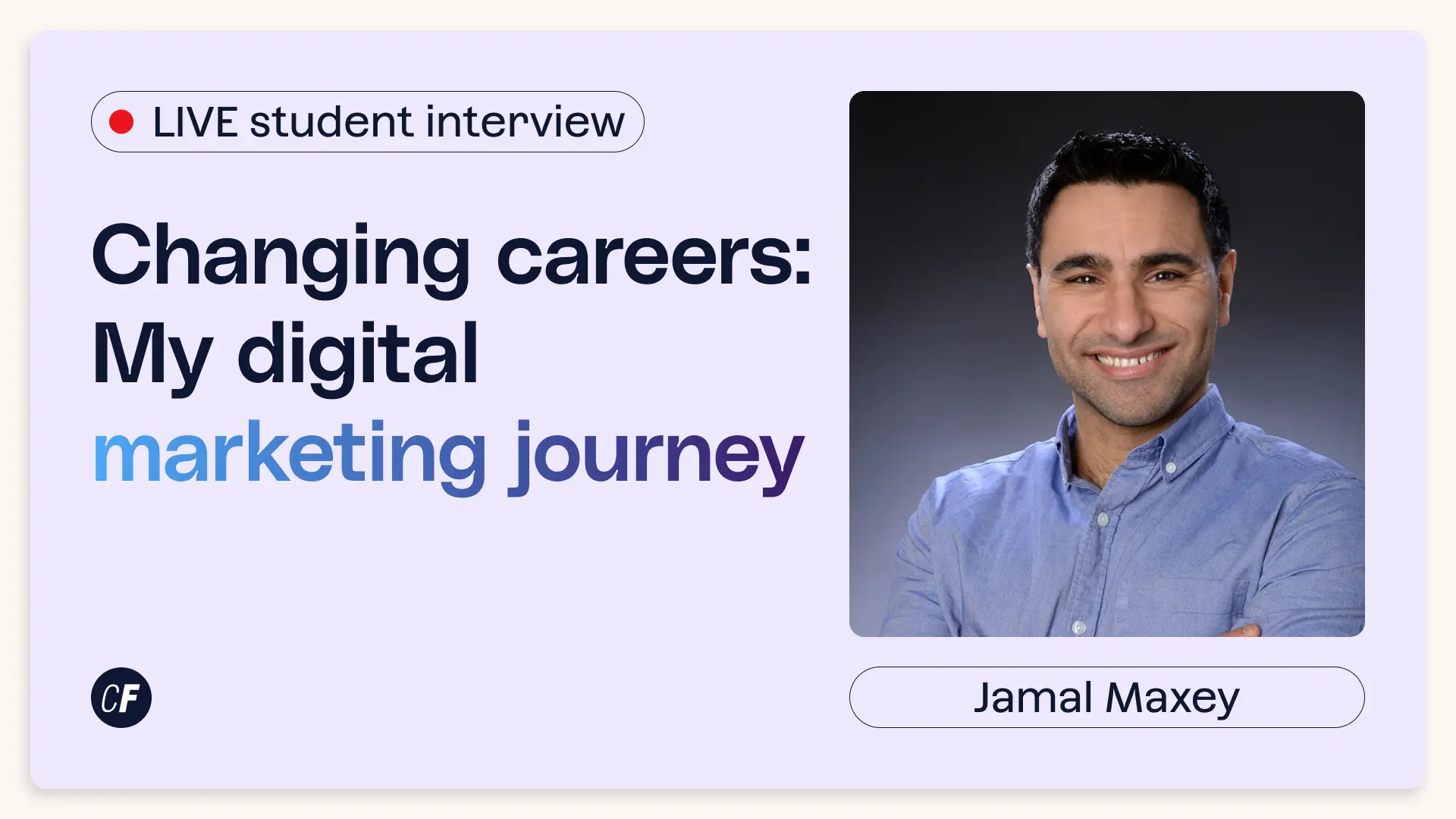How to Deal With Impostor Syndrome
It’s completely natural to suffer from self-doubt. In fact, just like chocolate, if taken in moderation as part of a healthy diet, self-doubt can actually be beneficial by keeping us from getting overconfident.
Feelings of self-doubt paired with inadequacy, however, are a different story. Often dubbed “impostor syndrome,” these can cripple us and make working life feel like climbing Everest without oxygen. If you’re starting out in a new career, impostor syndrome can make this even more daunting. It shouldn’t come as a surprise that it’s one of the most common fears career changers suffer from.
Of almost all professional fields, moving into the world of tech from a different background can multiply these factors even further. An ocean of terminology and buzzwords, as well as the speed of new trends arriving, can leave newcomers feeling completely out of the loop. As a result, keeping impostor syndrome at bay is not just a nice-to-have, but an essential skill to enable yourself to thrive.
Many of the CareerFoundry graduates we speak to have themselves had to (and continue to) confront nagging feelings of inadequacy as they began their new careers. Ex-mental health professional Lacey told us that doing the job preparation course during her UX Design Program helped her recognize that, despite her non-traditional background, she had the skills for her new career.
On top of that, it’s important to recognize that when it comes to self-doubt, you are really, really not alone. When we asked one of our data analyst graduates Brittany about it, she related something a friend had said to her: “Welcome to the world of tech. Everybody has impostor syndrome.”
While it’s important to place the factors potentially making you feel this way in a societal and systemic context, taking steps to recognize your self-worth are always useful. As Lacey remarked earlier, one of the best ways to deal with it is by taking the time to recognize what you are best at.
It may sound obvious, but reminding yourself where your strengths are is an excellent boost to your self-confidence. Next, situating these strengths to your new career (they don’t have to be core skills) helps remind yourself that those strengths are still with you.This is one of the key components that support the remodelled personal brand you might have to employ when changing to a career in tech.
Featured presenters

CareerFoundry
CareerFoundry is the online career academy for aspiring tech professionals. Develop the skills of in-demand professions, upskill in the tools of the future, and work with expert mentors and career specialists to stay ahead of the job market. All in a flexible, online setup, with a job guarantee at graduation. At CareerFoundry, we’ll help you launch a career that lasts.








